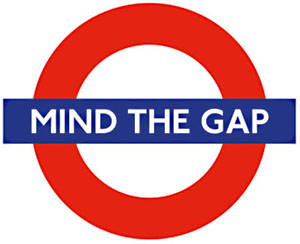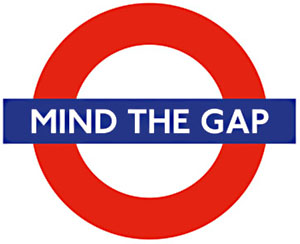
“Watch the right search desperately for bad news on Obamacare,” says the headline to Michael Hiltzik’s piece a couple of days ago about the right, um, desperately searching for bad news on Obamacare. And it’s true. Obamacare is a great example of the famous hack gap.
Don’t get me wrong. We lefties generally try to portray Obamacare as a success. You won’t find Diogenes on either side. But I read lots of lefties who write about health care, and they’ve generally been willing to acknowledge Obamacare’s problems. The federal website rollout was a disaster. The insurance pools so far seem to have fewer of the young and healthy than we’d hoped. Narrow networks are a significant problem, especially  in some states. We don’t know yet how many Obamacare enrollees were previously uninsured—and in any case, the number appears to be less than CBO projected earlier this year. Etc.
in some states. We don’t know yet how many Obamacare enrollees were previously uninsured—and in any case, the number appears to be less than CBO projected earlier this year. Etc.
But unless I’m reading the wrong conservatives, you simply see nothing of this sort on the right. Their coverage of Obamacare is simply an endless search for increasingly strained ways to deny that anything even slightly positive has happened. The Obama administration is lying about its numbers. If they’re not lying, the figures are meaningless anyway until they’ve been unskewed. Premiums are skyrocketing. People are being tossed off their plans and thrown in the street. The budget projections are a joke. Cancer patients are dying for lack of doctors to see them. Hours are being cut back and part-time workers are being fired. Fewer people have coverage now than before Obamacare started up.
I could go on. And on. And on. This is the hack gap in all its glory. There’s simply no willingness on the right to acknowledge any success at all. And even when they’re forced to concede that maybe there are a few people benefiting from Obamacare, it’s just an opportunity to rail about Democrats handing out bennies to inner-city moochers like a modern-day Boss Tweed. Welcome to America, ladies and gentlemen.















